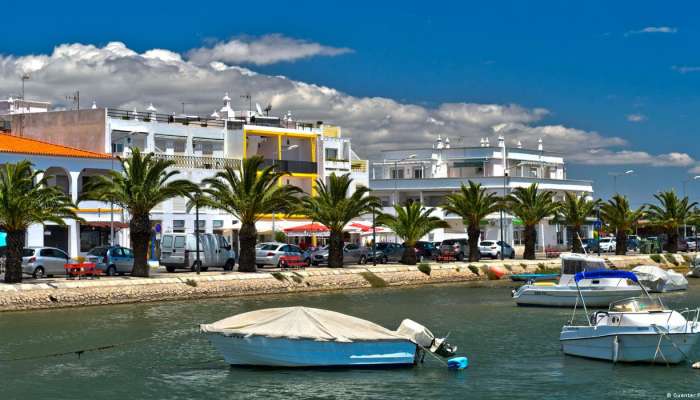
Lisbon: Five hundred thousand euros ($530,000) for a residence permit in a Schengen zone EU country: That’s the deal the Portuguese government has been offering rich foreigners since 2012. About 12,000 investors have taken advantage of it, effectively purchasing an entry ticket to the European Union for themselves and their families.
Now Portugal is calling time on its golden visa programme, partly in response to pressure from the European Union. Prime Minister Antonio Costa has announced that the program will expire on March 16.
“It’s good that the golden visa is finally being abolished — they should never really have introduced it,” said Ana Gomes, a former Socialist Party member of the European Parliament who has opposed the program since its introduction. “They were an invitation for money laundering, and they made it possible for criminal and terrorist organizations legally to infiltrate the Schengen zone.” Gomes said more than half of the people who applied for golden visas were from countries where money laundering is particularly prevalent, and added that Portugal never investigated where their funds came from.
Originally billed as a programme to boost Portugal’s economy, which was at rock bottom a decade ago, the golden visas have above all proved a source of income for the property sector. Instead of creating new companies and jobs, rich foreigners simply purchased luxury apartments in Lisbon and the surrounding area. The majority of these investors were Chinese, followed by Brazilians, Turks, South Africans and Russians.
The programme brought in about €7 billion euros for the country, almost 90% of which came from the purchase of property. According to the Portuguese Immigration and Border Service’s statistics, only 22 visas were issued for job creation, resulting in a mere 280 new jobs in over 10 years.
Hugo Santos Ferreira, the president of the Portuguese Association of Real Estate Developers and Investors, is not at all happy about the proposal to end the golden residence permits. “It’s an attack on all foreign investors who want to invest their money in Portugal,” he said. “Portugal will lose its credibility and its good reputation as an investment-friendly country.”
Santos Ferreira said Portugal needed international investors to strengthen its economy and couldn’t afford to do without an important instrument that brings in over €600 million per year. “On top of that, the programme has created thousands of jobs in the construction and property sector,” he said.
In recent years, the price of real estate in Portugal has skyrocketed, particularly in its two biggest cities, Lisbon and Porto. Critics say the golden visa program is partly responsible, as well as the fact that more and more EU citizens are buying houses and apartments in Portugal — at prices Portuguese people can no longer afford.
“The golden visas have prompted considerable price increases, especially at the top end of the market,” Gomes said. And this is the argument that the government has now adopted to justify shutting down the golden visa programme. Gomes said the official line was just a pretext, and it was increasingly harsh criticism from the European Union that was ultimately responsible for the program’s imminent end.